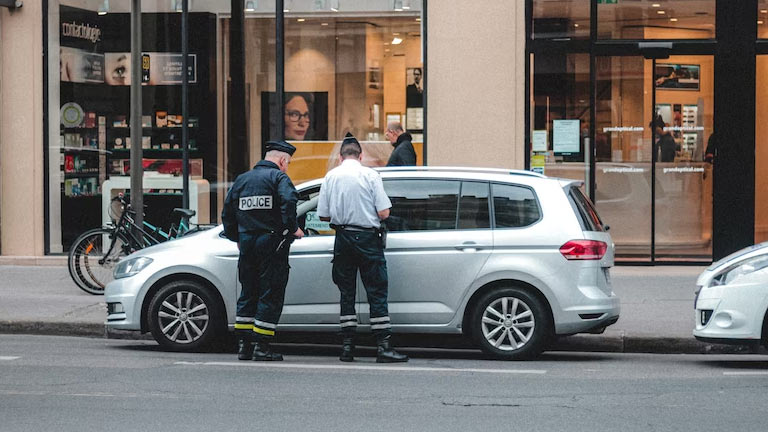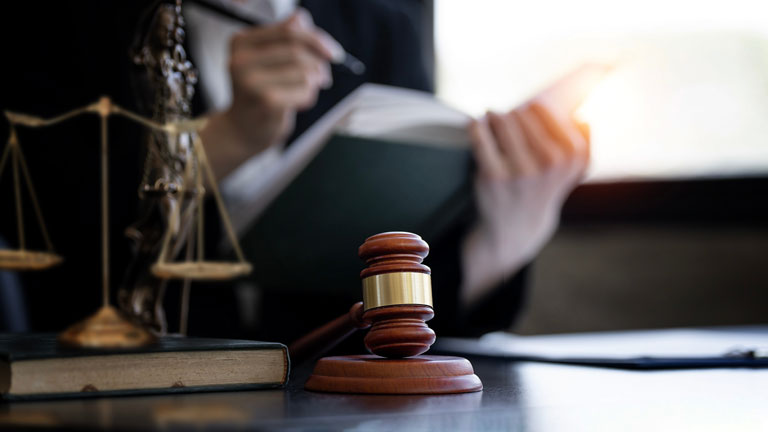
The crime rate has been increasing day by day. Even after the strict laws and police presence. Crimes can be categorized into violent crimes, property crimes, drug crimes, snatching, stolen things, white-collar crimes, robbery, and cybercrime. There are many types of crime that happen in the day to day life.
There are many causes of crime, including poverty, lack of education, lack of morals, and mental illness. Our countries have a large number of police and other security forces to tackle criminals and their crimes. They are also using the latest technology to reduce the crime rate. It is not easy work to tackle this problem. The security forces are doing their work day to night for stopping the crime.
How Police Investigate to Find and Arrest the Criminals
But still, crime happens in and around our lives. So you may be interested to know how polices forces investigate to search and arrest a criminal when a serious crime happens.
Police visit the crime spot
When a crime is reported, the police will typically visit the crime scene to gather evidence and begin their investigation. The police will look for physical evidence, such as fingerprints, DNA, and other trace evidence. They will also interview witnesses and try to reconstruct the crime. The goal of the police visit is to gather as much information as possible so that they can identify the suspect and bring them to justice.
Here are some of the things that the police will do when they visit a crime scene:
- Secure the scene and prevent anyone from tampering with evidence.
- Photograph the scene and take measurements.
- Collect physical evidence, such as fingerprints, DNA, and other trace evidence.
- Develop a suspect list and begin an investigation.
Search Operation
When a crime is committed, the police will begin a search for the criminal. This search may involve a variety of methods, including:
- Interviewing witnesses: The police will interview anyone who may have seen or heard anything about the crime. This can include people who were at the scene of the crime, people who live or work nearby, and people who may have seen the suspect before or after the crime.
- Reviewing CCTV footage: The police will review any CCTV camera footage that may have captured the crime or the suspect. This can include footage from security cameras, traffic cameras, and doorbell cameras.
- Issuing a warrant: If the police have enough evidence, they may issue a warrant for the arrest of the suspect. This allows them to search the suspect’s home or property for evidence.
- Deploying undercover officers: In some cases, the police may deploy undercover officers to try to infiltrate the suspect’s network and gather information.
- Offering a reward: The police may offer a reward for information leading to the arrest of the suspect. This can help to generate leads from the public.
- Searching vehicles: Police can barricade and run roadside searches in the vehicles. Police can search the vehicle of a person on probation without a warrant under the acts of police vehicle searches and probation if they have reasonable suspicion that the person is in violation of their probation.
The police search for criminals can be a long and difficult process. However, with the help of the public, the police are often able to identify and arrest the criminals responsible for these crimes.
Arresting
After arresting a criminal, the police will typically take the following steps:
- Transport the criminal to the police station: The police will transport the criminal to the police station in a police car or van.
- Book the criminal: The police will book the criminal by taking their fingerprints, mugshot, and personal information.
- Search the criminal: The police will search the criminal for weapons or other contraband.
- Interrogate the criminal: The police may interrogate the criminal to gather information about the crime.
- Charge the criminal: The police will charge the criminal with a crime and set bail.
- Release the criminal: If the criminal can afford bail, they will be released from custody until their trial. If the criminal cannot afford bail, they will be held in jail until their trial.
The police play an important role in the criminal justice system. By arresting criminals and gathering evidence, the police help to ensure that justice is served.




